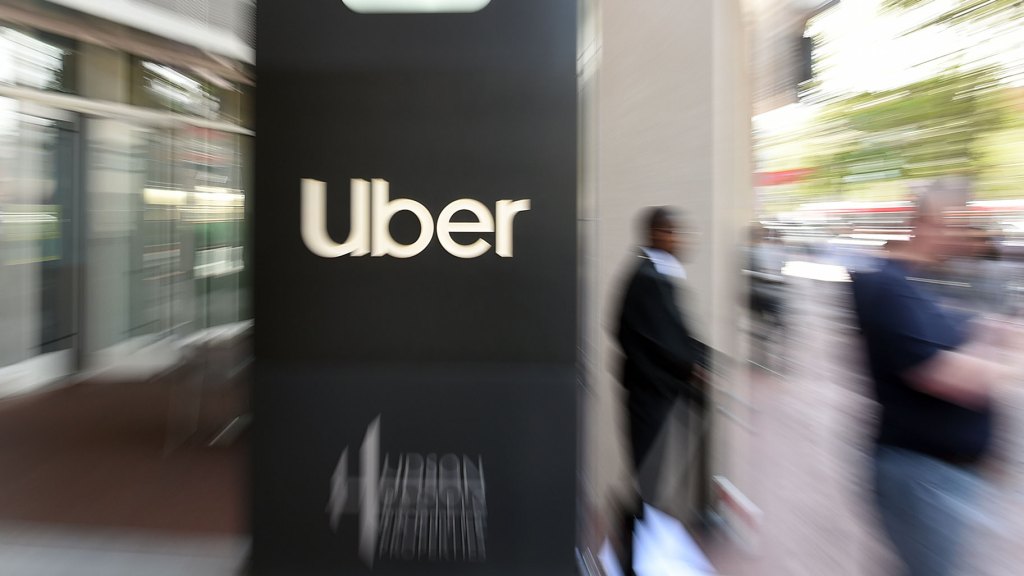
A travel hack that went viral on TikTok teaches users how to save money on hotels and Airbnbs by booking directly with the properties themselves. Now, a new startup, Directo, will help travelers find those same deals with the help of a Chrome extension that points you to the property’s website, where you’ll often find discounted rates as the property doesn’t have to pay commission on those sales.
Across social media, creators and influencers post variations of a money-saving hack that teaches users how to find a cheaper way to book a room or a home stay. This often involves using reverse image search on photos of the listing to find the property’s website — something that can be particularly useful when booking longer stays where the savings can really add up.
@humphreytalks Money Hacks 💰 (1st Hack Credit: All the Hacks Podcast) #lifehack #learnontiktok #tiktokpartner
♬ SUNNY DAY – Matteo Rossanese
Of course, booking directly may have its risks. You may not have the same travel assurances and protections compared with bigger websites, like Booking.com, Expedia or Airbnb. But when travelers are looking at savings in the hundreds of dollars or more, they often opt to take their chances.
The idea for Directo came about from watching this emerging behavior among Gen Z users and realizing that it could be better automated, while also adding in some safety protections of its own, says co-founder and co-CEO Pierre Becerril.

“What we’re doing is we’re trying to work with professional inventory that uses great software — so at least you know that this part is secured,” said Becerril, whose background is in the travel industry, after participating in a TechCrunch hackathon inspired him to join the tech industry. Most recently, the Madrid-based, third-time founder sold his startup Transparent, a software company focused on the vacation rental market, to Lighthouse, where he worked before starting Directo.
Becerril explains that many hotel sites today run what he calls “very good tech” and feature powerful booking engines, but they aren’t the first place users go to book. Instead, consumers tend to go to online aggregators and larger websites where they can search across a wider inventory of listings.
“The big websites like Expedia, Booking.com and Airbnb have the monopoly for search and distribution,” Becerril said. “It’s a pity because they charge commission and you can go book direct on these great websites where there’s no commission — and maybe some perks.”
Some savvy travelers already figured this out, finding they could avoid the extra fees and cleaning charges on Airbnbs by booking from the property’s website itself, which they found using a reverse image search.
@chelletravelfoto Reverse image search for the win! 💪 #airbnb #travelhacks #traveltips #budgettravel
♬ Tomorrow – Adrian Berenguer
Directo aims to make it easier to book directly by identifying those properties that it knows to use a modern tech stack that promises a safe checkout process. That can, at least, alleviate users’ concerns that the sites will work correctly and their credit card transactions will be secure. It also relies on its community to submit other websites for consideration and to flag those where they successfully found great deals.
The Chrome extension works on a variety of top travel sites, like Airbnb, Booking.com, VRBO, Expedia and Abritel, with more being added in the future. It identifies the properties where you can book directly with a yellow-and-black “D” icon. Those where users reported getting a good deal will also feature a cheers emoji of hands clapping. If users report the deals aren’t great, Directo can take that information to the hotels and use that to try to negotiate for a voucher or discount for its customers.
“It’s a little bit like Honey,” says Becerril, referring to the deal-finding browser add-on PayPal acquired for $4 billion in 2019.
Also like Honey, the extension is free to use by consumers, who can download it from the Chrome Web Store. The startup generates revenue by selling a subscription to hotels that can improve their connectivity with Directo by pushing special deals to its users and members. These funds are currently being reinvested in marketing to grow its consumer install base.
In testing, Directo reached 115,000 users and now includes nearly 200,000 hospitality brands that each has at least one property in its database of inventory. Combined, that represents millions of properties and rooms around the world.
The startup itself was co-founded by digital nomad and co-CEO Marina Guastavino, CTO Julian Toledo and Sofia Canepa (Growth and Product Development). Becerril wasn’t able to join full-time until a couple of months ago due to obligations following the sale of his prior company.
Directo has $1 million in pre-seed funding from French VC firm Kima Ventures; Calafia, an angel group of Global Female Tech Leaders; travel specialist fund Derive Ventures; and 26 travel industry veterans.

